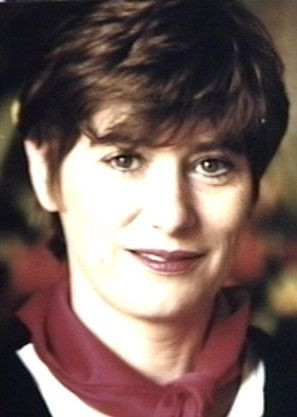CANNES CLASSICS
Depuis 2004, les films de patrimoine sont désormais regroupés sous l’enseigne CANNES CLASSICS. Cannes Classics entend mettre le prestige du Festival au service du cinéma retrouvé, des copies restaurées et des ressorties en salles ou en DVD des grandes oeuvres du passé. Cette programmation est présentée salle Buñuel – au 5e étage du Palais des Festivals- et, pour quelques films, repris au Cinéma de la Plage et dans la salle La Licorne à Cannes.
Cannes Classics est placée cette année sous la présidence de Betsy Blair, qui viendra présenter une copie restaurée de Marty de Delbert Mann (Palme d’or à Cannes en 1955) et sous le signe de Jean Renoir, auquel le Festival de Cannes associé à la Cinémathèque française consacre une exposition, deux projections et des préludes filmés placés en début de projection dans la salle Lumière, Cannes Classics propose :
1) Un salut à la Film Foundation
La Film Foundation est une organisation fondée en 1990 par Martin Scorsese et sept autres cinéastes américains (Woody Allen, Francis Ford Coppola, Stanley Kubrick, George Lucas, Sydney Pollack, Robert Redford et Steven Spielberg, Robert Altman et Clint Eastwood). Sa mission est de préserver et restaurer les oeuvres et d’assurer un avenir au cinéma du passé.
En illustration de la politique récente de la Film Foundation, deux films seront présentés : The River (1951) de Jean Renoir (restauré par l’Academy Film Archive en association avec le BFI, Janus Film et le Hollywood Press Association) par et Pather Panchali (1955) de Satyajit Ray (restauré par l’Academy Film Archive).
2) Un hommage au cinéma mexicain
Le Mexique est à l’honneur à Cannes cette année , avec des auteurs d’aujourd’hui (qu’on retrouve en compétition, au Certain Regard et à Tous les cinémas du monde) mais aussi grâce à sa prestigieuse histoire, que le Festival se propose de célébrer en quelques films.
Le programme sera composé d’une présentation exceptionnelle de la copie restaurée de Los Olvidados (1950) et d’un hommage-souvenir à Emilio " Indio " Fernandez, en trois films : Enamorada (1946), La Perla (1947), Salon Mexico (1949). Les films sont restaurés par Televisa et la Filmteca de la Unam.
3) Le British Film Institute présente Michael Powell
A l’occasion du centième anniversaire de la naissance du cinéaste anglais Michael Powell, le British Film Institute (qui célèbre lui-même ses soixante-douze ans) rend hommage à l’auteur des Chaussons rouges et du Voyeur dans des copies restaurées (par le BFI et Granada international) dont certaines seront projetées en numérique.
Au programme, cinq films : The Edge of the World (1937), Une Question de vie ou de mort (1946), I Know Where I’m Going (1945), 49th Parallel (1941), le Narcisse Noir (1947). Un court métrage viendra compléter l’hommage : An Airman’s Letter to his Mother (1941).
La projection du Narcisse Noir se fera en présence de Thelma Schoenmaker-Powell.
4) Forever Young : James Dean
Il y a 50 ans, un accident de voiture fit définitivement entrer James Dean dans la légende.
Pour se souvenir de lui, Cannes propose :
-une exposition photographique (photos Dennis Stock réalisée par Magnum Photos) dans le hall de la salle Debussy,
-un documentaire inédit de Michael J. Sheridan, Forever Young (Warner)
-deux des trois longs métrages de James Dean: A l’Est d’Eden (1955), et La Fureur de vivre (1955) qui sera projeté au Cinéma de la plage et qui ressort en salle en septembre 2005.
5) Une sélection de copies restaurées
Dix longs métrages choisis en fonction des propositions faites par les archives nationales, les cinémathèques, les studios.

